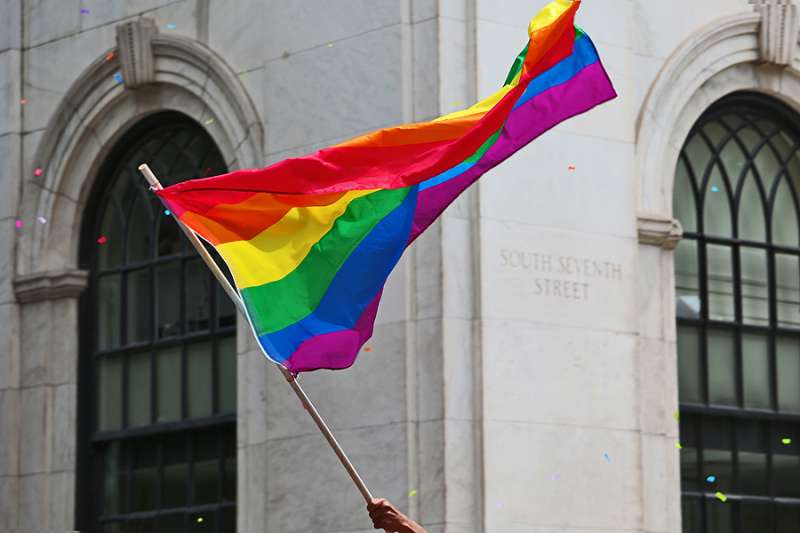The Costa Rican Bishops' Conference lamented a ruling by the Constitutional Chamber of the nation's Supreme Court which mandated legal same-sex marriage in the country.
“In a democratic and pluralistic society like ours, legal recognition can be given to persons of the same sex that live together,” the bishops said. However, they continued, it would be “unjust if such recognition would claim to equate same sex unions with marriage.”
“Wanting to not discriminate against homosexual people does not authorize the State to confound the natural order of marriage and the family,” the bishops warned.
In a 6-1 vote on August 8, Chamber IV of the Costa Rican Supreme Court struck down a provision prohibiting marriage “between persons of the same sex” and gave the National Assembly 18 months to adopt legislation recognizing same-sex unions.
The decision was issued in response to a legal petition challenging the constitutionality of Article 14, Subsection 6 in the Code on the Family. The legal challenge was filed by the former president of the Diversity Movement, Marco Castillo, and by the lesbian couple Laura Flores-Eztrada Pimentel and Jazmín Elizondo.
“We reiterate our respect for the Costa Rican legal order, but we deplore that the Constitutional Chamber did not dismiss the petition…thus calling into question the origin and natural function of the family,” the bishops' conference said in an Aug. 9 statement.
The Costa Rican bishops' conference recalled the words of Pope Francis, who said in his apostolic exhortation Amoris Laetitia, “Same sex unions may not simply be equated with marriage. No union that is temporary or closed to the transmission of life can ensure the future of society.”
“No one can think that the weakening of the family as that natural society founded on marriage will prove beneficial to society as a whole. The contrary is true: it poses a threat to the mature growth of individuals, the cultivation of community values and the moral progress of cities and countries,” the pope said in that document.
In their statement, the bishops noted that “the Church maintains her conviction that the family continues to be, and always will be, the basic cell of society because in it the future citizens of all of society are procreated and brought up.”
“The family possesses a specific and original social dimension as a primary place of interpersonal relationships, the primary and vital cell of society: it is a natural institution, the foundation of people's lives and the prototype of every social organization,” they stated.
Therefore, the bishops concluded, “it is clear in the natural order of things, that family, the basic cell of society, is founded on monogamous and heterosexual marriage from whose conjugal love are generated children, and therefore deserves the protection of the State.”

